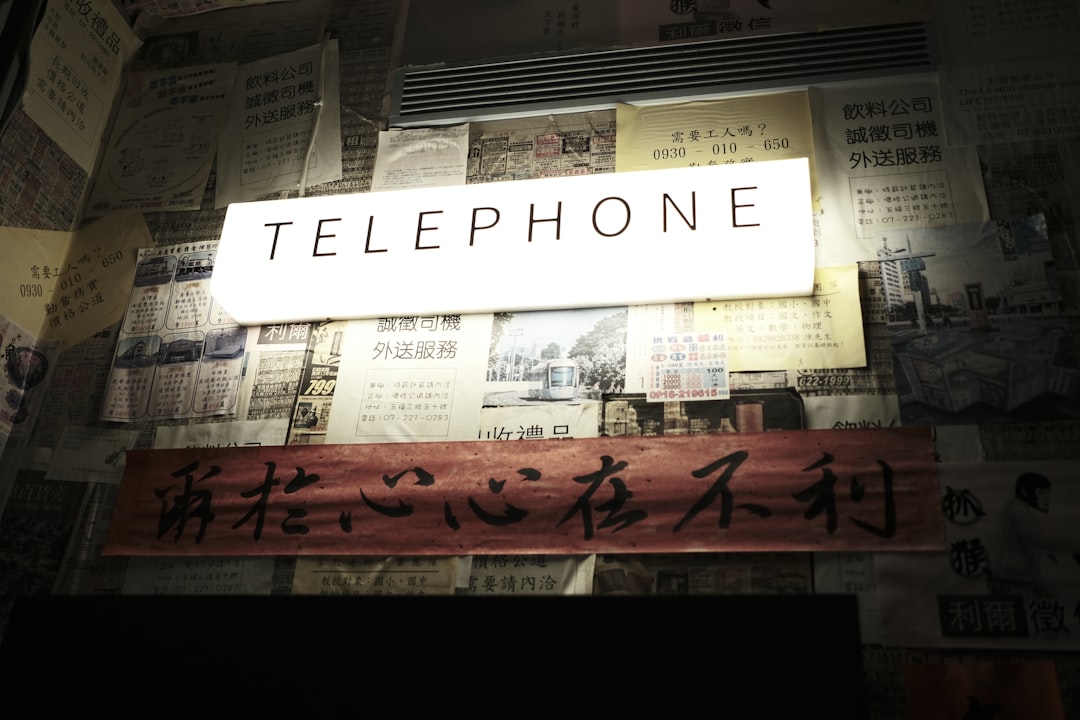Philadelphia's anti-spam laws protect consumers from unwanted electronic messaging. A single spam text may violate these regulations and lead to legal consequences. Victims can report and complain about unsolicited texts, consulting a specialized Spam Call law firm for guidance and legal action. Choosing the right Spam Call Law Firm in Philadelphia with expertise in TCPA is crucial for successful cases against spam texts.
Are you fed up with incessant spam texts? You may wonder if legal action is an option. In Philadelphia, understanding your rights under anti-spam laws is crucial. This article guides you through the process, explaining what constitutes a spam text and exploring your legal options, including potential suits against persistent spammers. Discover how a specialized Spam Call Law Firm in Philadelphia can aid your fight against unwanted communication, empowering you to reclaim control over your device.
Understanding Anti-Spam Laws in Philadelphia

In Philadelphia, as in many jurisdictions across the country, anti-spam laws are designed to protect consumers from unwanted and deceptive messaging. These laws cover various forms of electronic communication, including text messages and robocalls. If you’ve received a single spam text message, understanding your rights under these regulations is essential. Many people wonder if taking legal action for one incident is worthwhile, but even a single violation can be actionable.
Philadelphia’s Spam Call law firm specializes in navigating these complex legal territories. They guide consumers through the process of filing complaints and pursuing legal avenues if necessary. These law firms often point out that while individual spam texts might seem trivial, collective actions can lead to significant changes in industry practices, ultimately protecting countless individuals from future harassment.
What Constitutes a Legitimate Spam Text?

A “legitimate” spam text is typically defined as an unsolicited message sent with the primary purpose of advertising or promoting a product, service, or event. This can include various forms such as marketing emails, text messages, or even social media posts that violate privacy and consumer protection laws. In the context of Philadelphia’s Spam Call law firm, these texts often originate from unknown sources and are unsolicited, meaning they are sent without your explicit consent.
To qualify as spam, the message must fail to obtain prior permission from the recipient. This is a key aspect in determining whether an action can be taken legally. If you receive a single spam text, it may not automatically give you grounds for a lawsuit, but if it’s part of a pattern or violates specific regulations, such as those enforced by Philadelphia’s Spam Call law firm, it could lead to legal repercussions for the sender.
Legal Options When Facing Unwanted Spam Calls

If you’ve received a single spam text message in Philadelphia, you might wonder if legal action is worth pursuing. While one unsolicited text may seem insignificant, it’s important to understand your rights under Pennsylvania’s Spam Call laws. A spam call law firm in Philadelphia can provide guidance on how to proceed.
In Pennsylvania, including Philadelphia, businesses and individuals are prohibited from making or causing telephone calls with automated dialing equipment or pre-recorded messages without the prior express consent of the recipient. If you’ve received a spam text, you have options. You can report the incident to your local consumer protection agency or file a complaint with the Federal Trade Commission (FTC). Additionally, seeking legal counsel from a spam call law firm in Philadelphia can help you understand if you’re eligible for damages and how to effectively assert your rights under the law.
Choosing the Right Spam Call Law Firm in Philadelphia

When considering legal action against a spam text, choosing the right Spam Call Law Firm in Philadelphia is paramount. You’ll want a team with specialized knowledge and experience navigating the nuances of anti-spam legislation, such as the Telephone Consumer Protection Act (TCPA). Look for attorneys who have a proven track record of successfully prosecuting or defending cases involving unwanted text messages.
Researching firm credentials, client testimonials, and case outcomes is essential. Ensure they offer a cost-effective approach, transparent communication, and are committed to fighting for your rights. Remember, the right law firm can significantly impact the outcome of your case, so take the time to find one that aligns with your needs and has a deep understanding of Spam Call law in Philadelphia.






